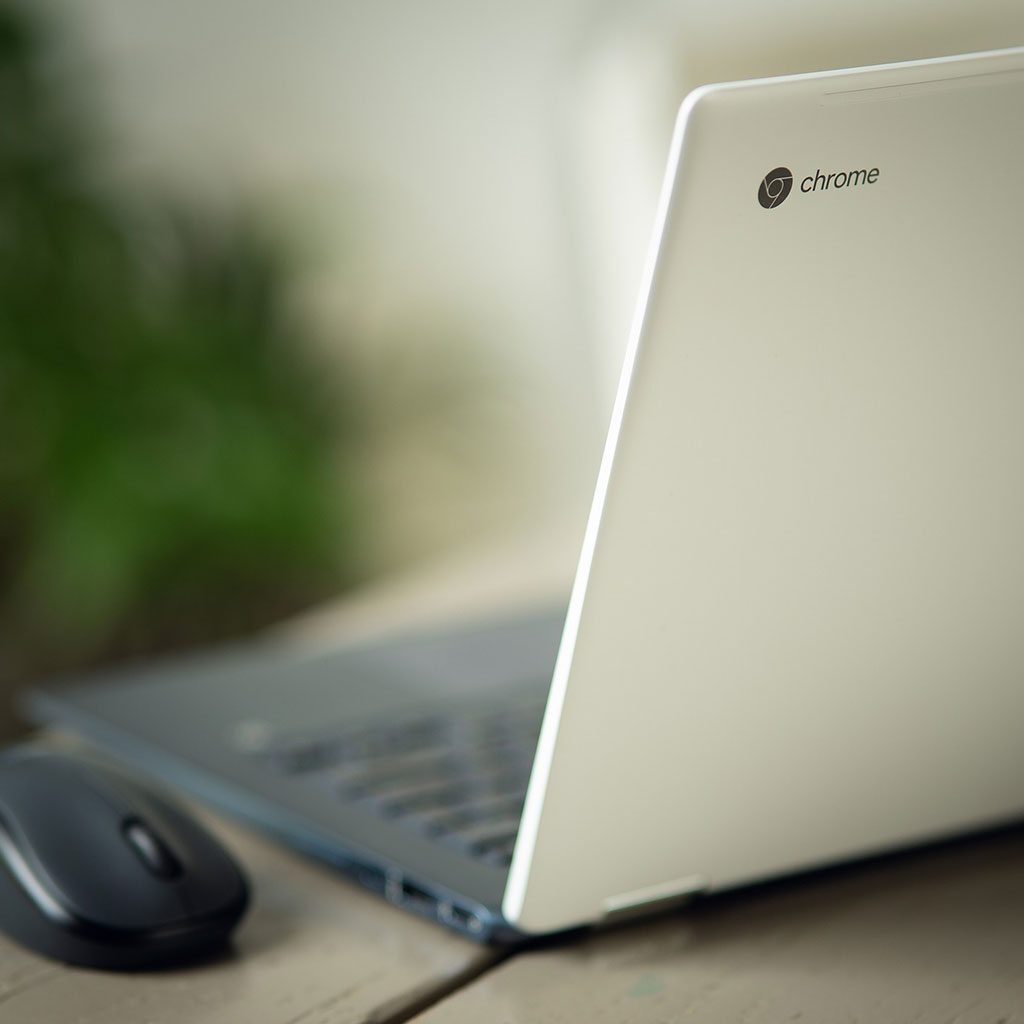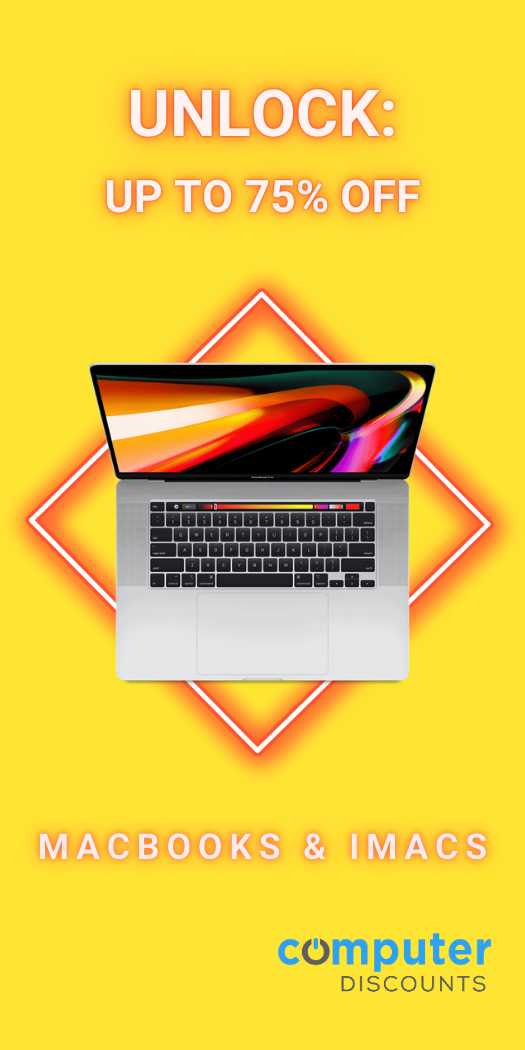Chromebooks have become increasingly popular in recent years, but many people are still not sure what they are. Are Chromebooks laptops? Can they be used to do all the same tasks as traditional laptops and PCs? In this article, we will examine whether a Chromebook is a laptop or something different. We’ll look at the differences between Chromebooks and other laptops.
What is a Chromebook?
A Chromebook is a modern take on the laptop computer. Rather than running Windows, Mac OS or Linux, it utilizes Google’s Chrome OS which is designed for internet usage. It is this feature that makes Chromebooks popular among college students since they tend to use them primarily for accessing the web and completing online tasks.
Chromebooks are still relatively new when compared to other laptops on the market so there may be some people who are unsure of what they are capable of providing. Not to worry though as most common tasks such as web browsing, streaming video/music, and light photo editing can usually be done with ease. Additionally, due to its streamlined operating system, Chromebooks typically have decent battery life and lean towards the lower end of the price range making them ideal for budget shoppers. Ultimately if you’re looking for an inexpensive laptop that will mostly be used for internet related tasks then a Chromebook is definitely worth considering.
How is a Chromebook different from a laptop?
A Chromebook is a special type of laptop designed to run ChromeOS, an operating system based around web applications rather than locally installed software. Unlike traditional laptops that rely heavily on programs like Microsoft Word or Photoshop to do their grunt work, the user experience on Chromebooks relies mainly on the internet and cloud-based applications. This means they can often be less expensive than traditional laptops due to having lower-powered processors, less RAM and local storage – although you do now get some high-end Chromebooks that outstrip the spec of most contemporary laptops.
The major difference between a Chromebook and a laptop also lies in how you access software and services. Traditional Windows/MacOS platforms rely heavily on using locally installed software from your internal storage, whereas ChromeOS prioritizes accessing browser based applications via the cloud. This reliance on the internet also places less strain on battery life for ChromeBook users when comparison to more power hungry laptop running standard OS’s. As such, it’s no surprise that Chromebook sales have been rising significantly in recent years – due in part to their portability and accessibility for both business and personal use.
What are the similarities between laptops and Chromebooks?
Chromebooks and laptops have many similarities that make each a great option for users seeking a powerful mobile computing experience. Both types of devices feature long-lasting battery life, thanks to their typically larger batteries and the more efficient operation of Chromebooks due to their specialized operating system. In terms of portability, Chromebooks are usually extremely thin and light compared to traditional laptops. Though most laptop manufacturers have slim models that come close to the size of Chromebooks, they tend to have less battery life and can be bulkier overall.
In terms of durability, both products are designed for everyday use with sturdier frames and keyboards that provide reliable user experience during extended periods. The ability for military personnel or industrial workers to take on rugged environments without giving up performance makes either device an excellent choice over conventional handheld options. Although some laptops boast higher performance specs than most Chromebooks, the overall design features make them a more dependable solution when facing unpredictable settings present in certain professions.
Which operating system is better?
Chromebooks are powered by Chrome OS, an operating system developed by Google. While it shares a few slight similarities with Windows, it has a simpler interface and lacks some of Windows’ more robust offline capabilities. Chrome OS is built on the idea of ‘internet first’, meaning that most tasks require an online connection in order to use the best-functioning applications and tools. Using its Chrome browser-based apps, you will be able to do many general tasks without sacrificing any device performance. Chromebooks offer faster boot times than most Windows laptops or PCs and with their Google Play store integration, there are thousands of Android apps that can be installed, making it easier than ever to get work done from anywhere.
Windows, on the other hand, is much more full-featured when compared with Chrome OS and allows users to access programs such as Excel or Word without needing an internet connection if they have previously downloaded those programs offline onto their device. On top of that, Windows also offers stronger security and encryption features for businesses seeking a high-level of data protection for sensitive information. In terms of gaming performance and capability, a Windows laptop generally outperforms Chromebooks since it’s capable of handling complex programs.
Advantages of a Chromebook
Chromebooks are a great choice for anyone looking for a low-cost, easy to use laptop. With prices often below $300 and boot times faster than their Windows or Mac OS counterparts, Chromebooks give users the convenience of having a smartphone-like experience on a laptop. In addition to their affordability and fast startup time, Chromebooks are deceptively slim and light due to the fact they utilize solid state drives which removes the need for bulky optical disk drive add-ons.
For those unfamiliar with computer operating systems or frustrated with the complexity of standard laptops, Chromebooks offer an intuitive and user friendly platform for completing day to day tasks. The Chrome OS limits what is activated on startup so that core functions such as web browser usage are effortless and accessible from the start without any extra installation or setup required. Plus with regularly arriving updates, any potential security risks are less likely when compared to traditional PC systems.
Advantages of a laptop
When it comes to choosing between a laptop and a Chromebook, there are several advantages that laptops hold over their Chromebook counterparts. For starters, laptops come with much more flexibility and can be customized with optical drives and multiple slots and ports to meet the user’s needs. Also, every existing software program such as photo editors, spreadsheets, word processors, and games can be used on a laptop while many of the same programs aren’t yet available for use on a Chromebook. Additionally, laptops generally have higher clock speeds than Chromebooks due to their design that has adequate space for larger processors and additional RAM. While Chromebooks certainly aren’t slow by any means, they still don’t compare to the speed of a laptop in this regard.
All in all, when it comes to comparing laptops versus Chromebooks for computing needs there are clear advantages of going with a laptop over its Chrome-based counterpart. Laptops have far more flexibility in terms of customization abilities as well as being able to run all sorts of advanced software programs that simply may not be available or compatible on a Chromebook yet.
Is a Chromebook as capable as a laptop?
A Chromebook is a really versatile tool that can do almost all of the things we typically use laptops for. Browsing the web, using social media, sending email, messaging, watching and/or listening to streaming media services – it can all be done on a Chromebook. We can also be productive when using them too as there are lots of programs to create documents, spreadsheets and presentations with. Video chatting and remote learning is also easily achievable when using a Chromebook. Additionally, basic photo and video editing can be done too which means most people won’t need a laptop running Windows or MacOS to access any necessary software like Adobe Photoshop or DaVinci Resolve.
However, while they are excellent general-use devices, they are not suitable for everyone. Professional writers may find them ideal as we often work in the cloud these days but professional photo editors will want an operating system such as MacOS or Windows so that they can make use of specialist applications like Photoshop or Davinci Resolve which simply cannot run on ChromeOS yet due to its lack of local software support. Therefore for professional use cases Chromebooks might not be the best option available.
Conclusion
In conclusion, a Chromebook is a laptop but it has some key differences that make it different from a traditional laptop. Chromebooks are designed to be simple and lightweight, with fast boot times and an intuitive user experience. They also have limited software support, which can be limiting for certain professionals who require more powerful programs. For casual users looking for convenience, affordability and portability however, Chromebooks are great choice.



